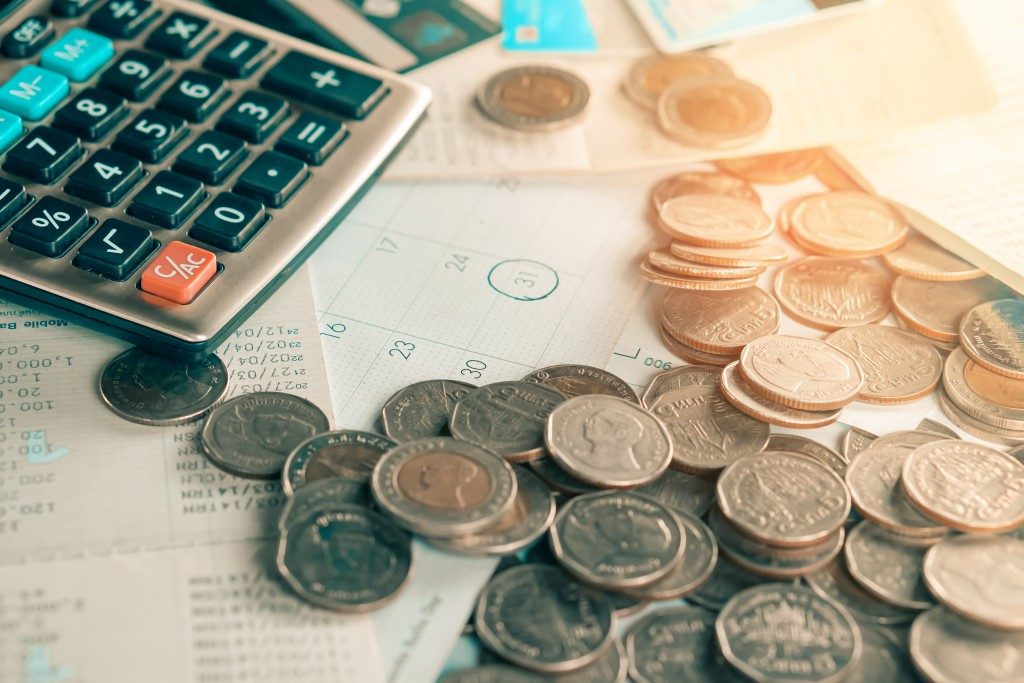Why You Should Try To Prevent Bankruptcy
Some households see bankruptcy as an easy ticket or go-to option to get away from debt and stop creditors from seizing assets and finances. However, there are huge repercussions when doing so such as its impact to your credit report (which will stay for 10 years), giving up all your credit cards (making certain tasks more difficult such as renting a room or vehicle), and also prevents you from getting certain loans, to name a few. Not to mention the emotional and psychological toll it has to a person and a family. That said, filing for bankruptcy should be considered as the last resort, which is why we’ll be taking a look at what you can do to avoid it:
Live On A Bare-Bones Budget
You’ll have to dramatically cut back on your expenses and live (temporarily) in survival mode. You’ll have to part with the luxuries of life and only buy the bare necessities. First off, account your current daily and monthly expenses and see which expenses you can cut. It’s important that you still prioritize health needs and sustenance, so make sure that you purchase the cheapest yet still nutritious food available (the last thing you’d want is for anyone to get sick and incur more expenses). Cut back on the clothing, movie tickets, dining out, and basically everything that you don’t need to “survive”. You’d also have to minimize the use of appliances to cut back on your utility bills.
Sell, Sell, Sell
Sell whatever you don’t need (with the keyword being “need”) to survive such as jewelry, fancy clothing, appliances, and so on. Think of it like you’re moving, wherein you’d have to sort out all the items in your home and determine which one to keep and which one you don’t necessarily need. There are no shortages of ways you can sell your household items and personal belongings in order to pay your debts; you can sell online, through a garage sale, consignment stores and flea markets, and so on.

Negotiate With Your Creditors
Don’t be afraid (or shy) to contact and talk with your creditors to let them know what’s happening. Inform them that you’re on the verge of filing for bankruptcy and are taking all the steps you need to avoid doing so. Tell them that you’re still willing to pay, which is why you won’t be filing for bankruptcy (which prevents them from collecting), and that you need more time or to renegotiate your interest rate and monthly payments. Creditors are more likely to agree on such terms as it’s better for them that you don’t file for bankruptcy; they’d be getting some money from you instead of not getting anything at all when you go file for bankruptcy.
Have A Backup Plan
When in the verge of bankruptcy, you have to face the fact that there really is a chance that you’d be forced to file a bankruptcy in order to stop creditors from collecting from your wages, bank account, or go after your assets (such as foreclosing your house). But filing bankruptcy can be a bit complex, which is made more difficult by the added emotional and mental stress of debt. As such, it’s best to stop collection and prevent the foreclosure of your Salt Lake City home by getting the help of debt-relief agencies or law firms specializing in bankruptcy to get professional advice in knowing if it’s the right time to do so and to assist you with the filing.
Conclusion
There’s no question that having to file for bankruptcy due to debt can have a huge impact to your assets as well as your emotional and psychological well-being, which is why it’s important to take these steps in order to ensure that you don’t have. However, it’s just as important to have a backup plan, and also know that filing for bankruptcy isn’t the end of the world, and may just be the fresh start you need to help you get back up.

